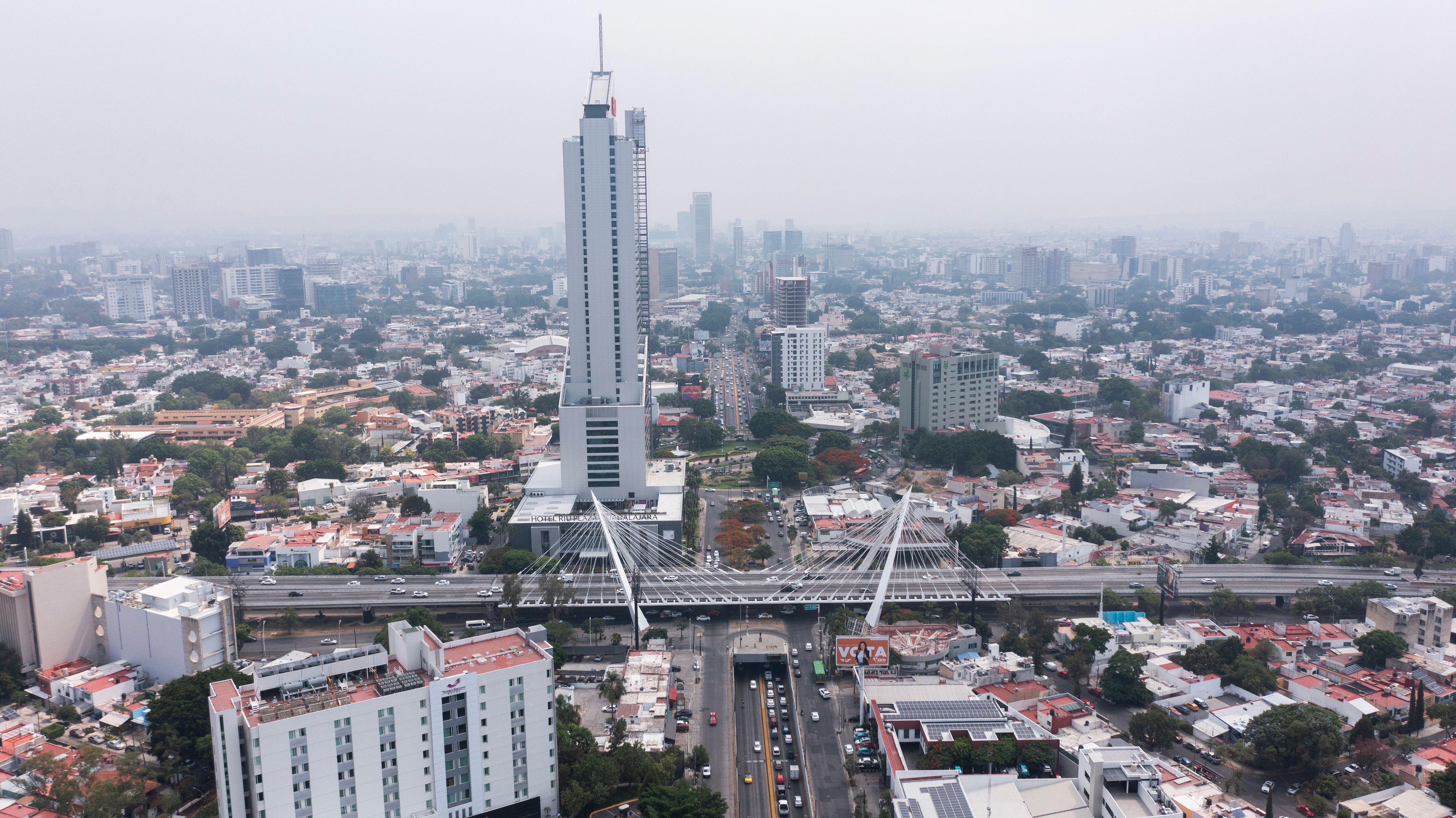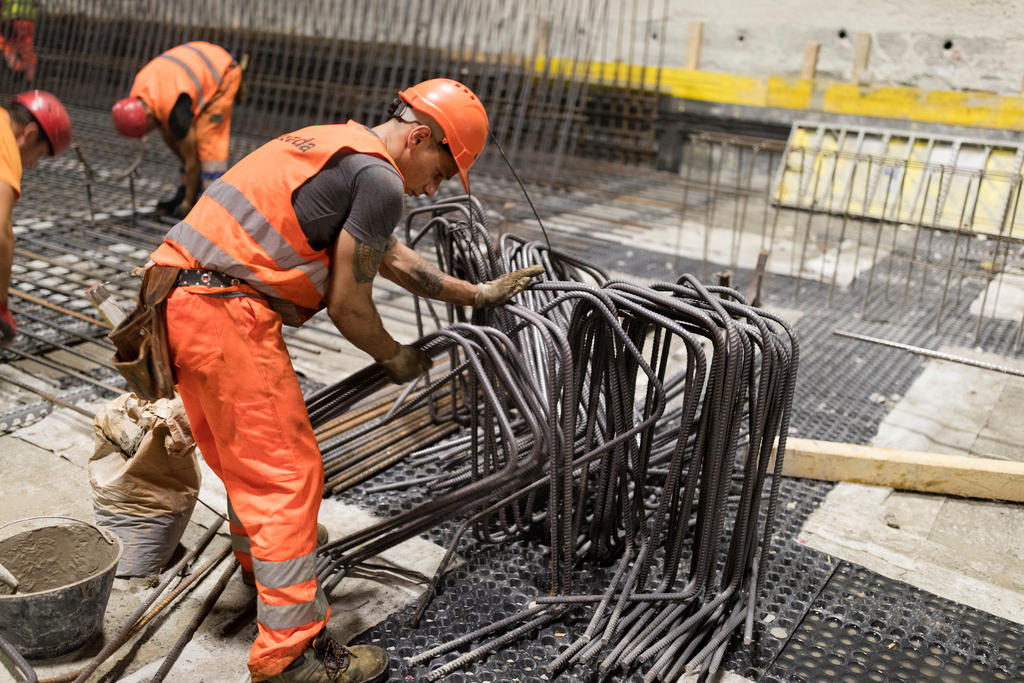
Swiss Economy Unexpectedly Expanded Before 39% Tariff Hit
(Bloomberg) — Switzerland’s economy unexpectedly grew in the second quarter, maintaining some momentum before the country was hit with one of the highest US tariff rates.
The expansion of 0.1% was better than the contraction of 0.1% forecast by economists in a Bloomberg survey. It follows a 0.8% pace in the previous three months, a growth spurt driven by exporters front-loading sales to the US before trade levies kicked in.
The positive figures come as the country digests US President Donald Trump’s imposition of a painful 39% tariff on Switzerland — the steepest among developed nations. Despite that rate, analysts are optimistic that a recession can be avoided.
The Swiss government is still negotiating to try to secure a lower level. Treasury Secretary Scott Bessent has said the US aims to largely wrap up talks with countries that haven’t secured a trade deal by the end of October. Swiss officials see this as a hopeful signal that they have a chance to get better terms by then.
“I don’t think the 39% will be the last word — I think there will be a revision,” said Ipek Ozkardeskaya, a senior analyst at Swissquote in Geneva. “But we are in a worse place right now than during the tariff uncertainty. Beside the tariffs, the Swiss franc is also very strong. That really doesn’t help.”
Companies will now increasingly look to the Swiss National Bank for help, according to Ozkardeskaya. An interest-rate cut bringing borrowing costs below zero — a scenario some economists have been penciling in for a while — is “a very realistic expectation for the second half of the year,” she said.
The Swiss franc showed limited reaction to the data, with the euro-franc pair trading flat on the day about 0.9409.
Friday’s figures, which are adjusted for large sports events, are an initial estimate. The State Secretariat for Economic Affairs said a “negative performance in industry has been counterbalanced by gains in the services sector.”
A separate Bloomberg survey this week predicted that the Swiss economy will grow 1.4% this year — outpacing the euro zone — assuming a lower levy can still be hammered out with Washington and the key pharmaceutical industry escapes significant surcharges.
The Swiss government is similarly bullish, maintaining its June prediction for expansion that’s roughly in line with the consensus. It did at that time, however, also publish a negative scenario with growth of just 0.8%.
Some companies are assessing whether to move some production outside Switzerland to avoid the latest tariffs. The latest example is Swiss chocolatier Lindt & Spruengli AG, which is weighing to move production of its world-famous, gold-wrapped Easter bunnies to the US.
Medicines — currently exempt from tariffs — are a large unknown after Trump warned that he plans to announce measures on the sector. Pharma giants Roche Holding AG and Novartis AG discussed the situation Thursday with the Swiss government.
“With a 39% tariff also on pharmaceuticals and pressure on drug prices in the US, two negative effects would combine, leading to a significant slowdown in GDP growth in Switzerland,” Hans Gersbach, co-head of Zurich’s KOF research institute, said this week. “A risk of recession could then not be ruled out.”
Friday’s data strip out big sports events as they can distort the overall picture of the Swiss economy. The country is home to many global sports bodies, meaning that when, for instance, the Olympic Games take place — earning revenue for the International Olympic Committee — Swiss GDP gets a boost without economic activity benefiting.
A final reading is due on Aug. 28.
–With assistance from Harumi Ichikura, Joel Rinneby and Naomi Tajitsu.
(Updates with economist starting in fifth paragraph.)
©2025 Bloomberg L.P.



































